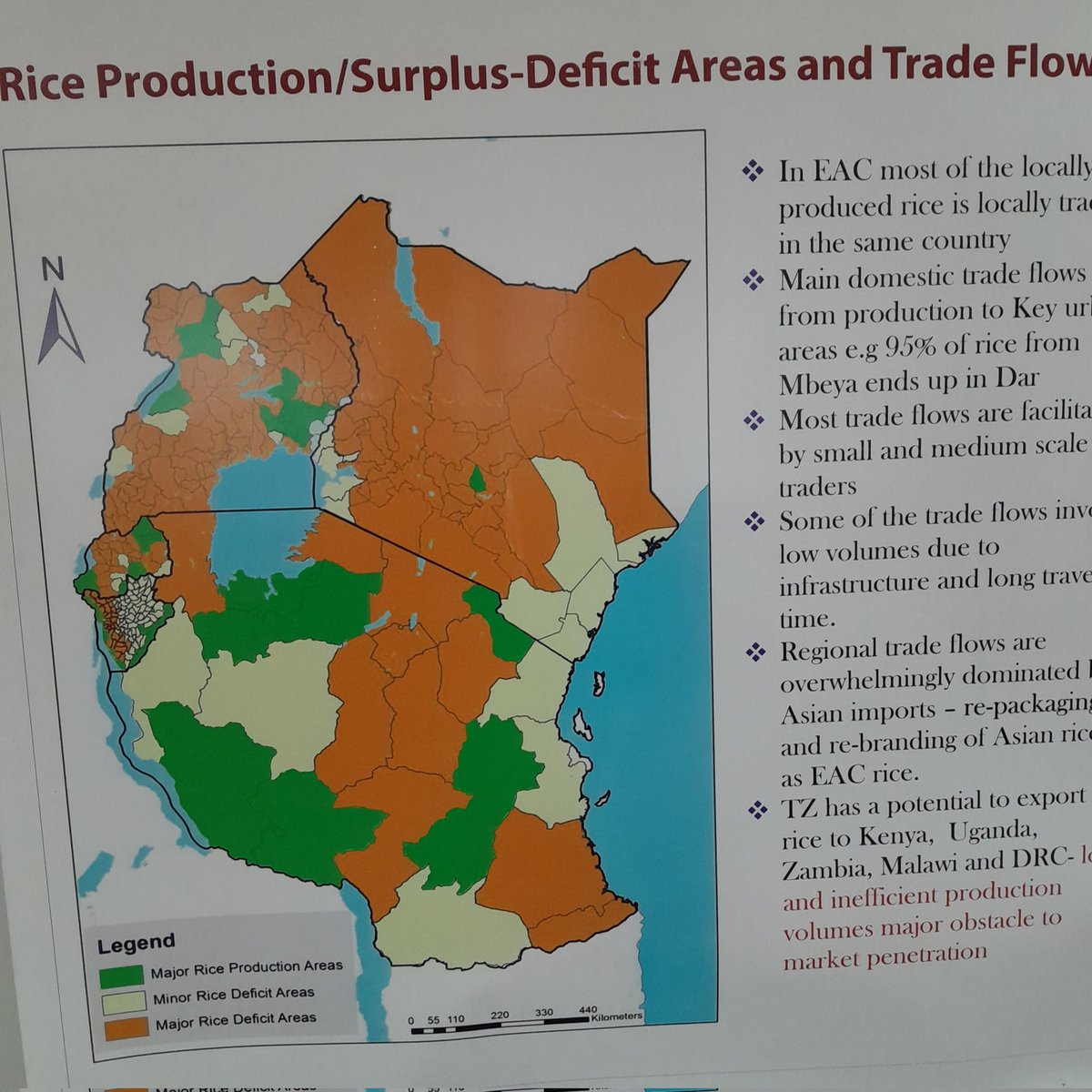By Kilimokwanza.org Team
Rice farmers have been advised to use integrated climate-resilient rice production (SRP) methods for sustainable rice production. These methods will help reduce the effects of climate change and produce rice that meets international market standards.
The call was made recently in Morogoro town during a seven-day SRP training organized by the Food and Agriculture Organization of the United Nations (FAO) in collaboration with the Tanzania Agricultural Research Institute (TARI).
The training was conducted through the Farmer-to-Farmer Learning Exchange in Value Chains through South-South Cooperation (SSTC) Project.
The project is funded by the Government of Korea and implemented by FAO in three countries: the Philippines, Ivory Coast, and Tanzania.
The project emphasizes the efficient use of resources in the rice production system; Land and Water together with agricultural inputs such as fertilizers, pesticides, and improved seeds while protecting the environment.
FAO Tanzania Project Manager Deomedes Kalisa, who described the achievements of the four-year (2020-2024) project, said that TARI researchers visited the Philippines to learn more about rice farming.
Speaking to participants in the training, TARI Director General Dr. Thomas Bwana thanked FAO as a development partner for the support that enables TARI to carry out its duties.
He asked FAO to continue supporting the improvement of the lives of Tanzanian farmers.
Dr. Kulwa Furahisha, a researcher from TARI Ifakara, also commended the project for empowering rice farmers with the knowledge and practical skills that will help them meet international market standards without contributing to environmental degradation.
Rice farmer Nassor Katoto, who is one of the beneficiaries of the training from Dakawa, Mvomero District, Morogoro Region, said that he benefited from the theoretical and practical training given to them by the Researchers.
One of the trainings he liked is the use of technology in the production of rice seedlings which requires 3 to 5 kilograms of seeds which is few compared to the traditional system where he used to use about 20 kilograms per hectare.
The training involved FAO representatives, agricultural officers from various rice irrigation schemes in the regions of Morogoro, Iringa, and Mbeya of Tanzania, farmers and other key stakeholders in the rice value chains, and Researchers from the Tanzania Agricultural Research Institute (TARI).
